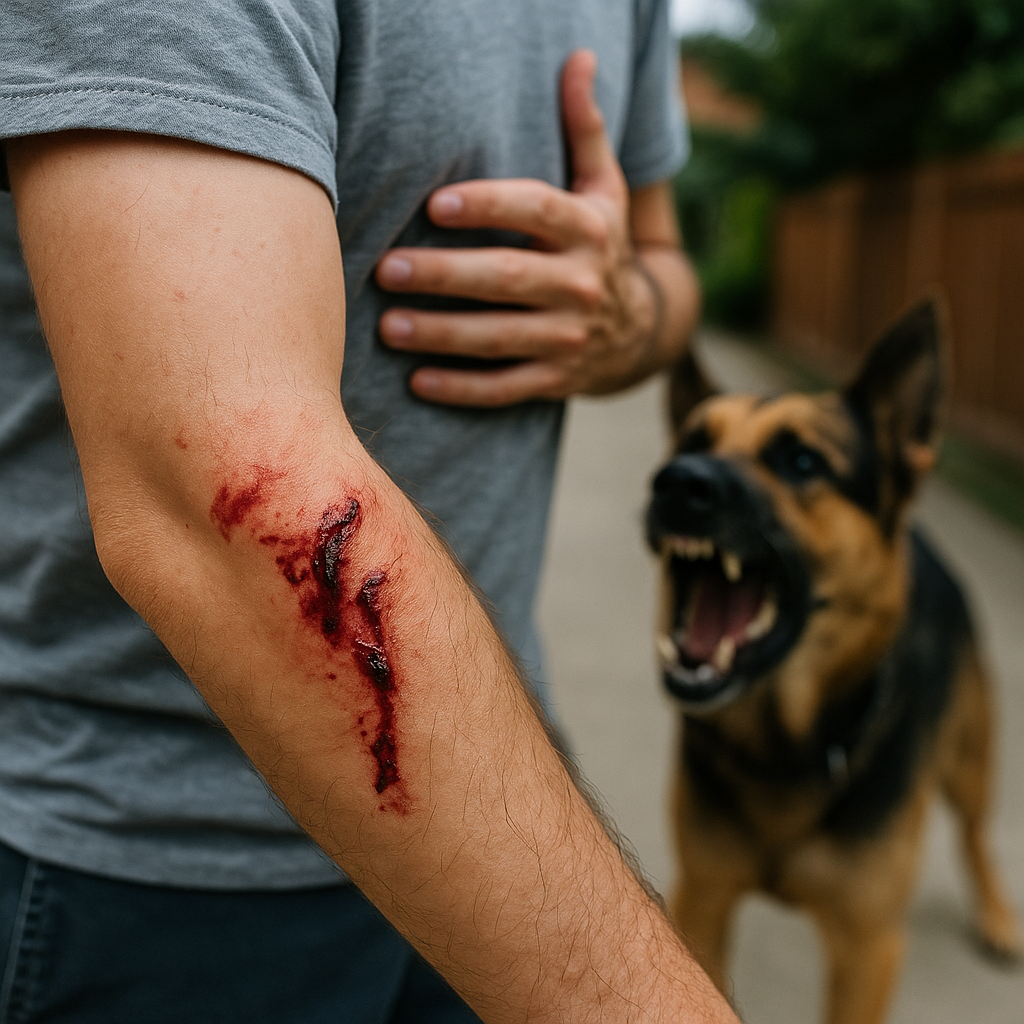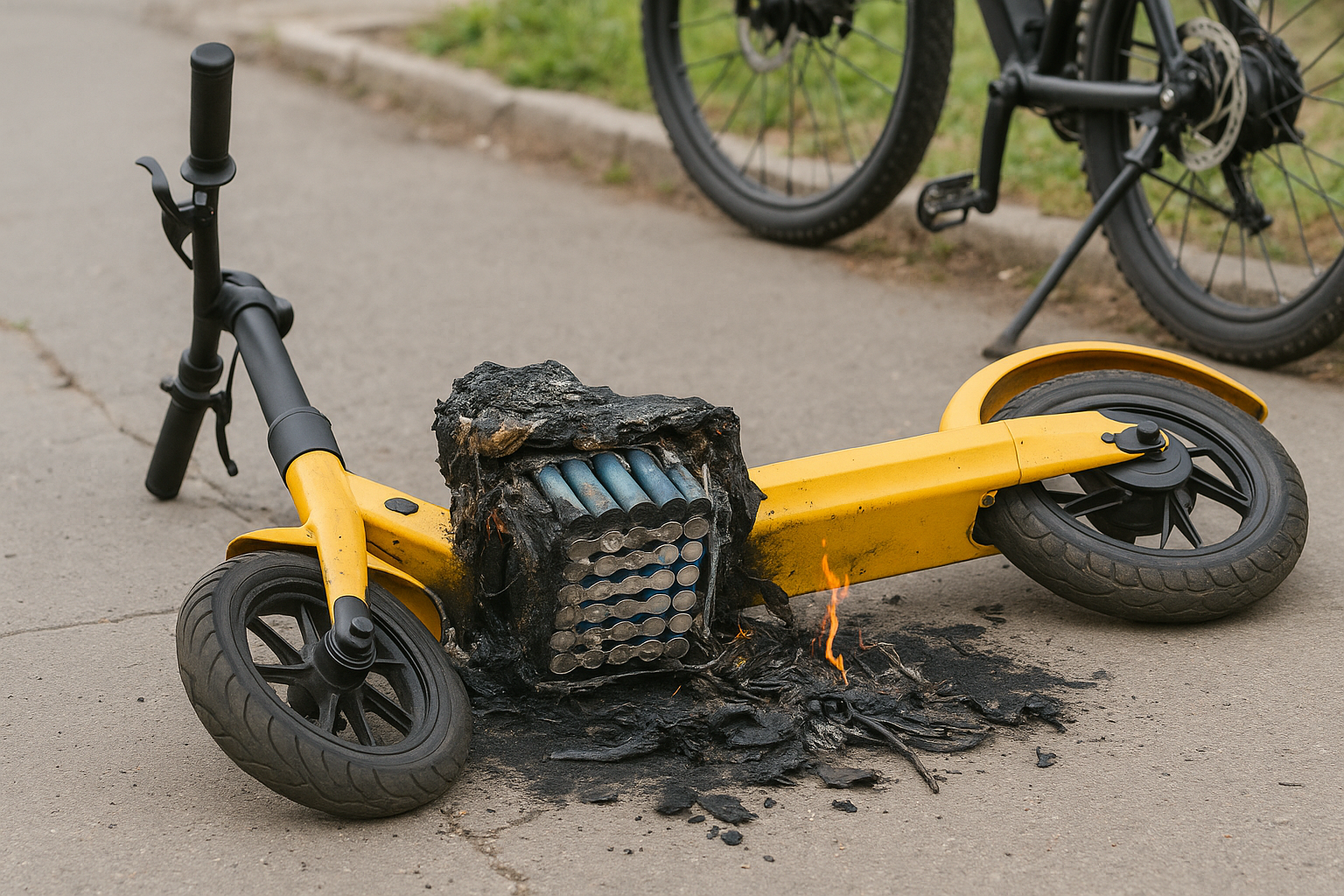What to Do Legally After a Dog Bite Injury in Washington State
Dog bites can cause more than just physical pain. They often result in infection, scarring, emotional trauma, and medical bills that quickly add up. In Washington State, the law holds dog owners strictly liable when their pet attacks someone without provocation—even if the dog has never shown aggression before.
Washington’s dog bite statute, RCW 16.08.040, makes this clear: if a dog bites a person who is lawfully in a public or private place, the owner is liable for the damages. This applies whether the incident occurs in a public park, on a sidewalk, or at someone’s home.
Victims do not have to prove that the dog owner was negligent. Unlike other types of injury claims, Washington law imposes strict liability. That means the owner is responsible simply because the bite happened. This is true even if the dog had never bitten before or wasn’t known to be dangerous.
Victims should take immediate steps after a bite:
- Seek medical attention — even minor-looking bites can get infected.
- Report the incident to local animal control or the police.
- Document everything — take photos of the injuries, the location, and the dog if possible.
- Get witness statements and identify the dog’s owner.
Insurance may cover some or all of the damages. Homeowners or renters insurance often includes liability coverage for dog bites. But victims may need to file a claim or even a lawsuit to receive full compensation for medical costs, lost wages, and pain and suffering.
Dog bite claims must be filed within three years of the date of the incident under Washington’s personal injury statute of limitations. Failing to act in time can result in losing the right to recover any damages.
Some cases involve additional factors, like children who were bitten or attacks by dogs labeled as “dangerous breeds.” Washington courts generally apply the same legal rules regardless of breed, but owners of dogs with known aggression may face more scrutiny.
Being bitten can have long-term consequences. Beyond physical injuries, many people experience anxiety, PTSD, or fear of animals after an attack. Mental health care and therapy can be part of the compensation sought in a legal claim.
Dog owners, too, should understand their obligations. Keeping dogs properly leashed, fenced, and under control at all times isn’t just a recommendation—it’s a legal responsibility. Violating leash laws or failing to control a dog can strengthen a victim’s case in court.
Each dog bite case is unique. But Washington law is clear: victims have rights, and owners are accountable.



